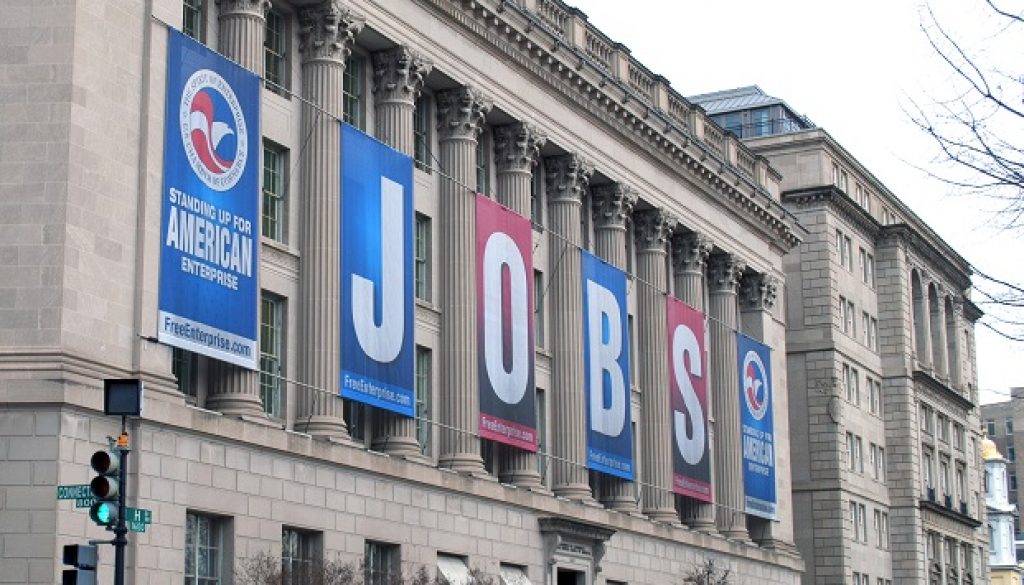The U.S. Chamber, Fanning the Flames of Tobacco Smoke Internationally
They represent the interests of the tobacco industry,” said Dr. Vera Luiza da Costa e Silva, the head of the Secretariat that oversees the W.H.O treaty, called the Framework Convention on Tobacco Control. “They are putting their feet everywhere where there are stronger regulations coming up.
The big footprint mentioned by Dr. Luiza da Costa e Silva, in today’s New York Times piece, “U.S. Chamber works Globally to Fight Anti-Smoking Measures“ is that of the U.S. Chamber of Commerce and their affiliated American Chambers abroad.
The Chamber is a U.S. trade association with an annual revenue of $165 million. It spends more on lobbying than any other interest group in the country and has more than 100 affiliates around the globe. The U.S. Chamber’s positions on public policies around the world, including public health policies, are often perceived as carrying the weight of the U.S. business community. As such, disregarding their positions can carry an implied economic threat.
The influence peddling of the Chamber is evident in many international fights, so it’s unsurprising that pushing back on tobacco control is a top priority for the corporate group. A top executive at the tobacco giant Altria Group serves on the chamber’s board, though the cigarette makers’ payments to the chamber are not disclosed.
A February 2014 report by Public Citizen’s U.S. Chamber Watch project, “The Gilded Chamber,” found that more than half of the money the Chamber raised in 2012 came from just 64 anonymous corporate donors — unsurprisingly the policy positions the Chamber takes are skewed towards helping the biggest corporate interests who spend the most money funding them, and away from protecting the Main Street businesses they claim in their mission are their primary interest. On its website, the U.S. Chamber of Commerce claims to represent “the interests of more than 3 million businesses of all sizes, sectors, and regions,” but they are clearly skewed towards the biggest donors, and in this case those donors are using the Chamber to push back on public health objectives abroad.
The U.S. Chamber and its AmCham affiliates are fighting hand in hand with the tobacco industry in countries from Ukraine to Cambodia, often without fully disclosing that they are sponsored by the tobacco industry. Countries need to recognize that the U.S. Chamber is not the U.S. government, nor is it representative of the broad swath of U.S. businesses and push back to protect their population’s health.

